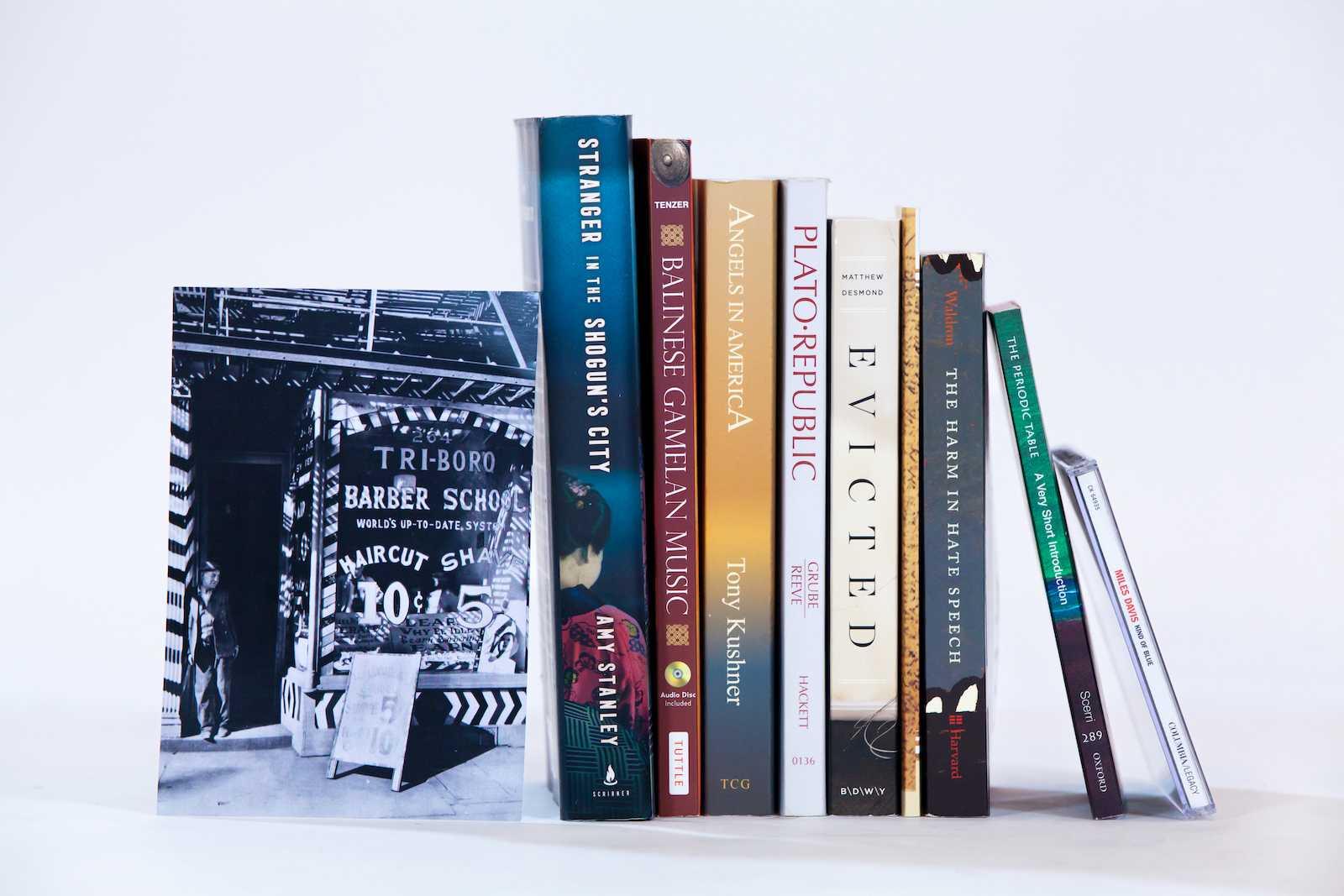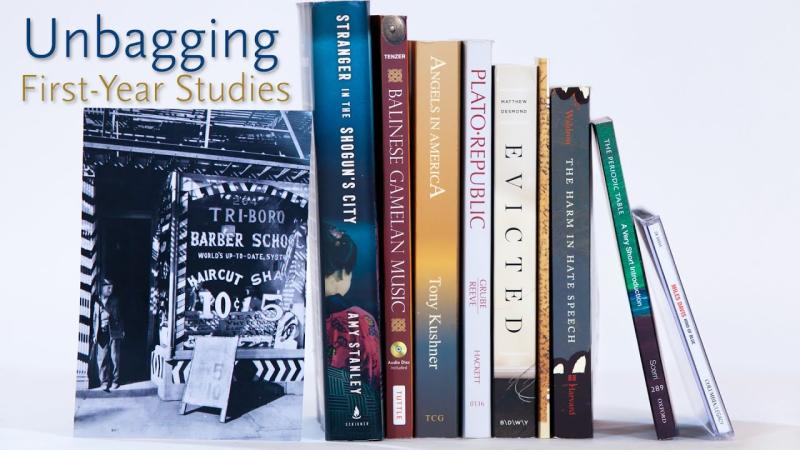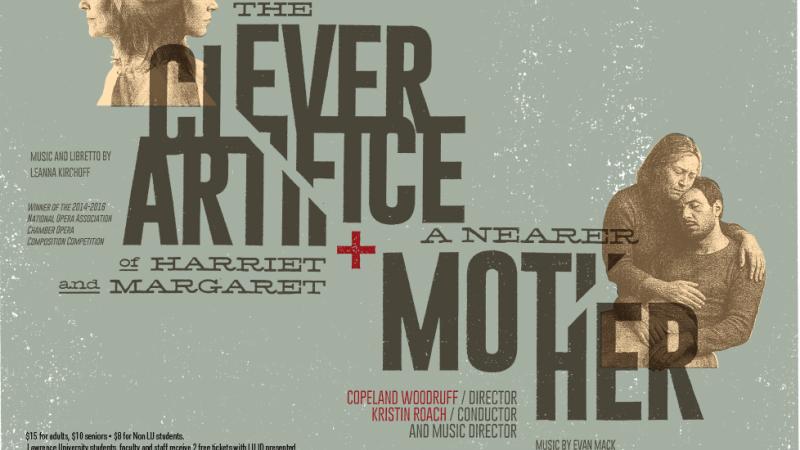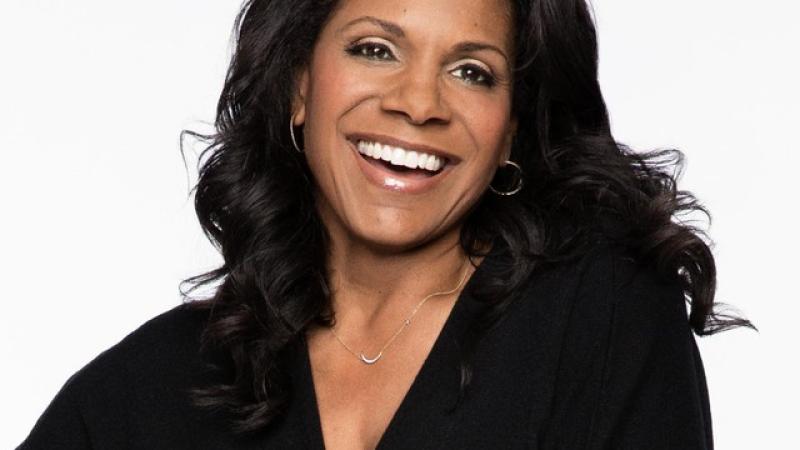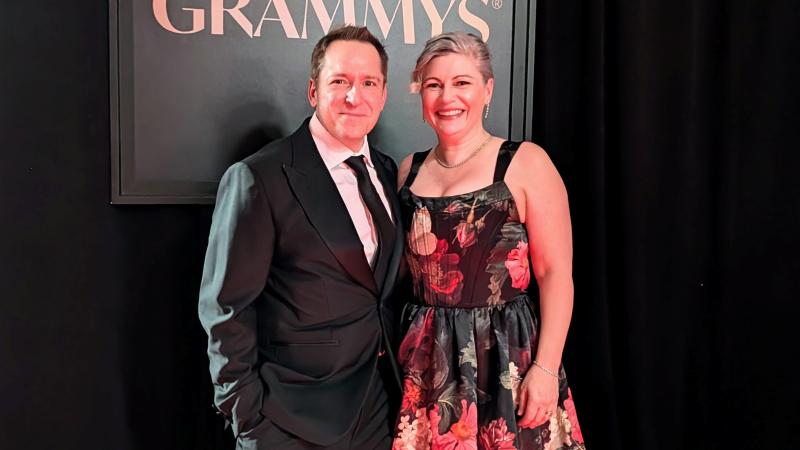Our annual guide—updated—to Lawrence University’s First-Year Studies reading list has arrived.
Martyn Smith, associate professor of religious studies, will again be the director of First-Year Studies. Smith provides this updated guide for 2022-23, including information on two new works.
First-Year Studies, as all Lawrentians know, is an important piece of the Lawrence experience. Since its establishment in 1945, the First-Year Studies (formerly Freshman Studies) syllabus has been continuously revised to introduce a changing student body to the intellectual challenges of a liberal arts education, and to the resulting benefits of the interdisciplinary thinking it embraces.
First-Year Studies: The unbagging video
Martyn Smith takes you through the works to be explored in this year's First-Year Studies.
As we work through the continuing changes stemming from the pandemic, we see more than ever that First-Year Studies has an important role in setting the tone for the student experience at Lawrence, Smith said.
“The course serves as an ambitious introduction to the liberal arts, and one point of connection between these works is that they demand careful attention,” Smith said. “These are works where students are encouraged not to read or look or listen in a passive manner; they require sustained attention.”
The following is Smith’s guide to this year’s works, in the order students will encounter them:
Fall Term
Natasha Trethewey, Native Guard. We are again starting off the year with poetry. This collection of poems asks students to see a relationship between private experience and the larger narratives of history. This work sets the tone for thinking about racism in America, demonstrating that one part of a liberal arts education is learning to talk about the pressing issues of our time. Reading these poems, we begin to see the threat to community when stories are suppressed or erased. At the same time, we see through these poems the importance of memory and memorials in establishing a flourishing community.
Plato, The Republic. There’s a reason why this book has been on the syllabus, almost continuously, for 75 years. It raises big questions that can be worked through in class discussions. Since the work itself is in the form of a dialogue, it serves as a model for the discussions that are at the core of First-Year Studies. It’s hard to think of a major issue that doesn’t turn up somewhere in this work, but at its core is a question about the ideal city. No students or instructors will agree completely with the prescriptions for community given by Plato (through his character Socrates), but his questions prompt us to think about what an ideal community should look like.
Berenice Abbott, Tri-Boro Barber School, 264 Bowery, Manhattan. Taken in 1935, in midst of the Depression as part of the WPA’s Federal Art Project, this photograph rewards close inspection. The barber-stripe column, the contrasting tiles, and the patterns of light and shadow evoke art styles like cubism and abstraction. As we continue to examine the photo, economic issues begin to stand out: questions about advertising and who is inside and who is outside of the “world’s up-to-date system.” Students and instructors try to decide on how to characterize Abbott’s complex view of the forces that were changing the face of New York City.
Amy Stanley, Stranger in the Shogun’s City. This work is a biography of a woman named Tsuneno who lived in the first half of the 19th century in Edo, Japan (which would become Tokyo). On the strength of its storytelling this work was awarded the 2021 PEN and National Book Critics Circle awards for biography. The book takes a sympathetic look at the life of a woman who made her way from a village to the big city. After having read about Plato’s ideal vision for a city in The Republic, this work of history will sketch for us the reality of life in a growing, modern city, and give us a look at the demands such a city makes on individuals.
“Jaya Semara” is a new addition to the syllabus. It is the first (but not the last) musical work students will encounter in First-Year Studies. It is a gamelan work from the island of Bali in Indonesia. This style of music will likely be different than anything students have heard before, and students will be asked to reflect on their own categories of art and beauty (and hopefully expand them). Since Lawrence has an ongoing Balinese Gamelan Ensemble, students will see and touch the instruments for this musical style and come to understand how the piece is constructed.
Winter Term
Matthew Desmond, Evicted: Poverty and Profit in the American City. This is a new work for Winter Term. This Pulitzer Prize-winning book looks at poverty in the city of Milwaukee. It is a work of social science that builds its argument through interviews of people who are trying to find and keep adequate housing. If many of the works from the fall asked us to think about community, this work begins Winter Term by asking about the systemic failures that erode our contemporary communities.
Tony Kushner, Angels in America. Set in the 1980s, this play offers a searching exploration of the political and ethical conflicts of the AIDS epidemic. The play has new resonance as we have recently recognized ourselves as a community whose sense of meaning is threatened by a virus. And as LGBTQ rights are threatened in various states, this work brings up questions about activism and how to change minds. As the title suggests, the play works to awaken a larger sense of possibility and wonder.
The periodic table of elements. Many students will have been introduced to the table in high school, but few will have had the chance to explore it as a created object. Students will be asked to think about the table not as a passive container for information, but as an innovative visual representation of scientific knowledge. This approach will remind us that our shared ideas about the world are built by finding ways to share and disseminate them. There are lots of questions to ask about this iconic image: Who was responsible for designing it? What other possibilities were there for presenting this information?
Jeremy Waldron, The Harm in Hate Speech. This is a book that provides a philosophical and legal framework for understanding the contemporary question of hate speech. There are few questions that inspire such intense classroom debate as the limits to free speech. Waldron argues that sometimes words act more like bricks than as reasoned statements. One of the goals of a liberal arts education is to gain facility at close written argumentation about contemporary issues, and this work is a model of argument building.
Miles Davis, Kind of Blue. Lawrence’s Conservatory of Music is a fundamental part of our university community, and so at the end of Winter Term students encounter another musical work. This most famous of jazz albums invites students to explore the complex relationship between planned structure and improvised action at the heart of musical performance. If many of the works in First-Year Studies have taken us to questions about community, this final work reminds us of the place of human creativity.
Note to incoming students: Looking for First-Year Studies books? The first book, Native Guard, will be sent to domestic students in the U.S. mail or they will receive a copy in their mailbox. Copies of the Abbott photograph will be made available to students later. The other works are now available from our online bookstore. Wherever you get your books, you should make sure to get the editions we have chosen. Information about editions, including ISBN numbers, can be found here.
